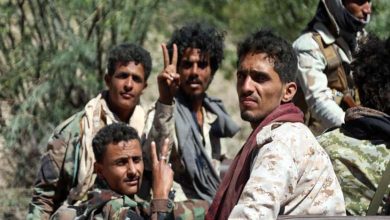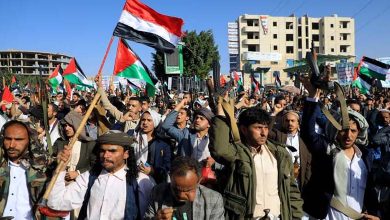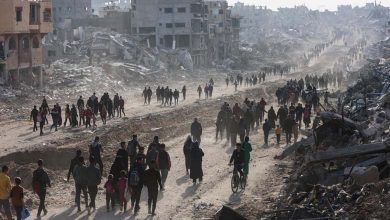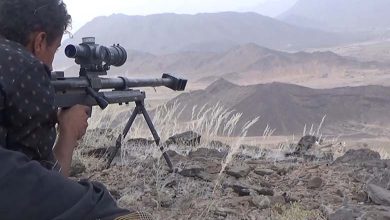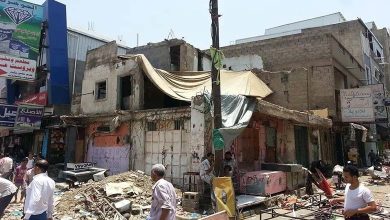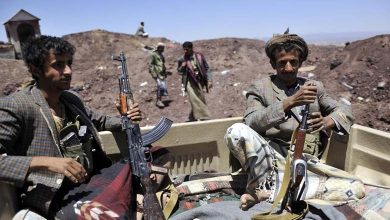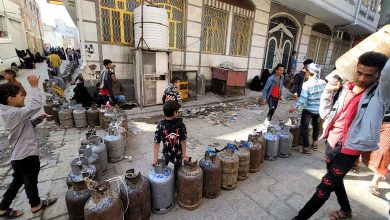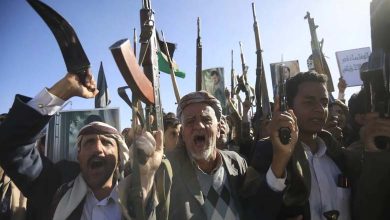The Jordanian Government Accuses Hamas of Attempting to Incite against the State
The government spokesperson responds to calls by Mohammed Deif and Khaled Meshaal for the Jordanian people to take to the streets and reject the peace agreements
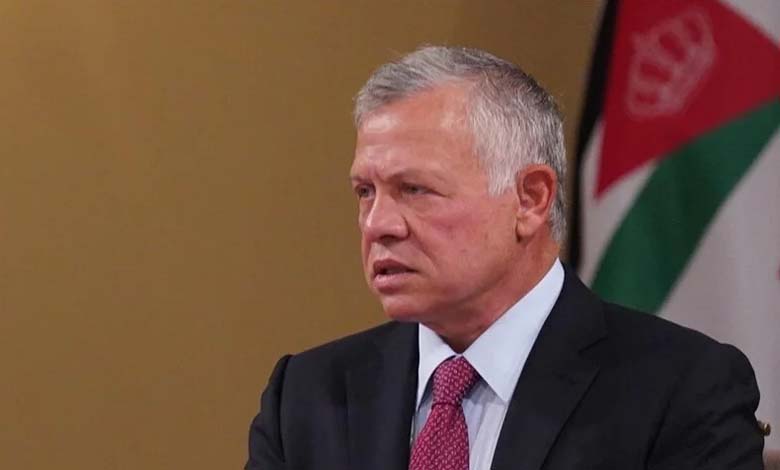
The Jordanian government, through its spokesperson Muhannad Al Mubaidin, issued scathing criticisms of the Hamas movement following a message from Mohammed Deif, the leader of the Al-Qassam Brigades, the military wing of the movement, to Arab and Islamic audiences, including the Jordanian people, urging them to cross borders and defend Al-Aqsa Mosque. Additionally, criticisms were directed at leaders of the Palestinian movement, such as the head of the political bureau abroad, Khaled Meshaal, for criticizing peace agreements between several Arab countries and Israel and calling for millions to sustainably take to the streets during his participation in a women’s event in the Jordanian capital via video technology.
The Jordanian official said in a statement to “Sky News Arabia” that any attempts to incite against the Jordanian state are desperate attempts aimed at distracting our focus, offering advice and criticism to Hamas officials, saying, “We hope that Hamas leaders provide their advice and calls for the necessity of maintaining peace and inviting our people in Gaza to endure.” Al Mubaidin accused the Palestinian movement of seeking to gain popularity despite the destruction in Gaza due to the October 7th attack last year, saying, “Jordan is a country with sovereignty and constitutional references, and its leadership transcends these references. When King Abdullah II is at the forefront of the Arab stance, we do not look to some political teenagers or those who want to garner popularity on the ruins of the destruction that befell Gaza due to this catastrophic war.”
He pointed to Jordan’s official and popular role in alleviating the suffering of the population in the Gaza Strip, saying, “Amman’s position is honorable, ethical, and respectable, and we appreciate the people’s turnout demanding an end to this war. This has not deviated from Jordan’s position since the first day of the war, describing it as a war of extermination.” He emphasized that Jordan’s position is not emotional but rather a result of national interest, indicating that “the Palestinian issue has a Jordanian specificity and is part of our national security.”
The Jordanian official accused Hamas of attempting to agitate the Jordanian public against the political leadership, explaining that “there are bankrupt ideologies and populisms that want to agitate public opinion by exploiting emotions.” He added that “there is bankruptcy from the forces that want to attack the Jordanian position or force Jordan to make other choices.”
He defended Oman’s adherence to the peace treaty with the Israeli state, saying it is a means to alleviate the suffering of Palestinians, especially in the West Bank, adding that “peace is our strategic choice, and the peace treaty enables us to play our role in alleviating pressure on the people in the West Bank.”
Jordan signed a peace agreement with Israel in 1994, called the “Wadi Araba Agreement,” during the reign of the late King Hussein bin Talal, after about two decades since Egypt’s first peace agreement, while other Arab countries such as the UAE, Bahrain, and Morocco decided to conclude similar agreements in 2020, known as the “Abraham Accords.”
Hamas leaders criticized these agreements during the recent war, which angered countries like Jordan and Morocco. Meshaal called on the Moroccan people at the beginning of the war to pressure their leadership to stop normalization, which angered Moroccans and considered it interference in their internal affairs.
Meshaal said at a conference in Jordan via video technology, “The masses of the nation must engage in the battle of the Al-Aqsa flood and let the blood of this nation mix with the blood of the people of Palestine until this conflict is decisively resolved in our favor, by the permission of Allah Almighty.” This was officially described as incitement.
Ironically, most of the countries that concluded peace agreements with Israel are the most countries that provided humanitarian aid to the people of Gaza to alleviate the impact of the war, such as Jordan, the UAE, Egypt, and Morocco.
These countries organized campaigns to deliver aid to the residents of northern Gaza by air, while King Abdullah personally supervised some of them. Jordan witnessed massive protests as hundreds of Jordanians attempted to reach the Israeli embassy while being prevented by security forces.


